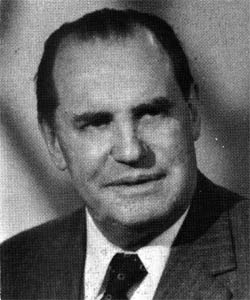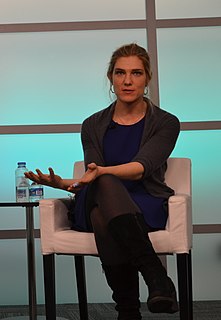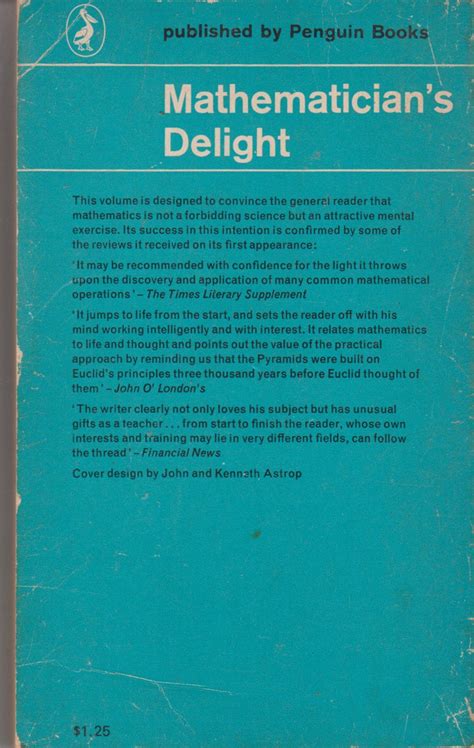A Quote by Paul Dirac
One could perhaps describe the situation by saying that God is a mathematician of a very high order, and He used very advanced mathematics in constructing the universe.
Related Quotes
On foundations we believe in the reality of mathematics, but of course, when philosophers attack us with their paradoxes, we rush to hide behind formalism and say 'mathematics is just a combination of meaningless symbols,'... Finally we are left in peace to go back to our mathematics and do it as we have always done, with the feeling each mathematician has that he is working with something real. The sensation is probably an illusion, but it is very convenient.
It could be that at some earlier time, somewhere in the universe, a civilization evolved by probably some kind of Darwinian means to a very, very high level of technology- and designed a form of life that they seeded onto perhaps this planet. And I suppose it's possible that you might find evidence for that if you look at the details of biochemistry, molecular biology, you might find a signature of some sort of designer.
When the world is mad, a mathematician may find in mathematics an incomparable anodyne. For mathematics is, of all the arts and sciences, the most austere and the most remote, and a mathematician should be of all men the one who can most easily take refuge where, as Bertrand Russell says, "one at least of our nobler impulses can best escape from the dreary exile of the actual world."
There are certainly lots of jobs in computer coding, but coding doesn't really require advanced mathematics. And engineering jobs, they vary widely in the amount of demand that we actually need. So, you know, the number of people for whom the job description includes Newton's calculus is not perhaps that high.
The President responded very impressively, saying that he was deeply sensible of his need of Divine assistance. He had sometime thought that perhaps he might be an instrument in God's hands of accomplishing a great work and he certainly was not unwilling to be. Perhaps, however, God's way of accomplishing the end which the memorialists have in view may be different from theirs.
I do not remember having felt, as a boy, any passion for mathematics, and such notions as I may have had of the career of a mathematician were far from noble. I thought of mathematics in terms of examinations and scholarships: I wanted to beat other boys, and this seemed to be the way in which I could do so most decisively.































